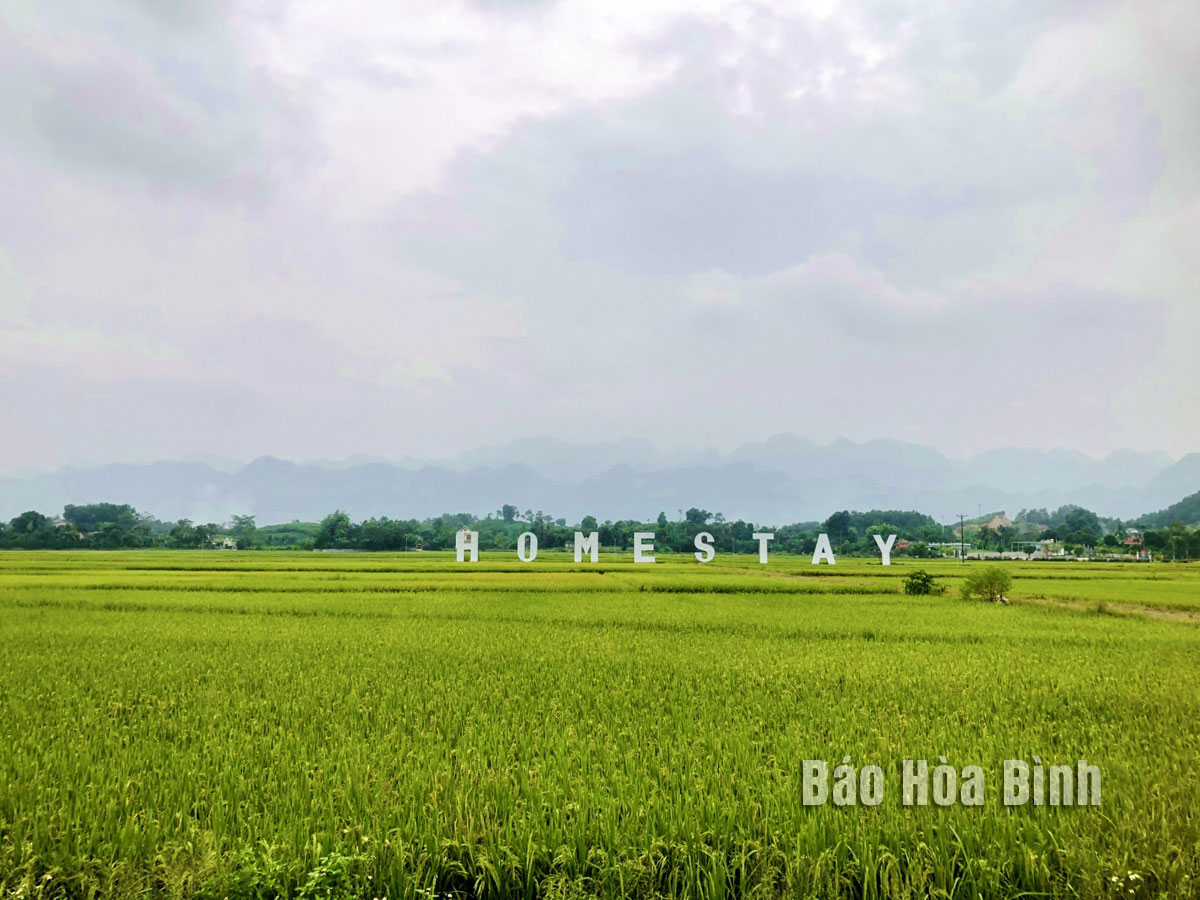



Yen Tri commune, Yen Thuy district exploits potential and advantages to develop community tourism.
The commune plans to develop agricultural and rural tourism in a sustainable orientation and effectively conserve, promote traditional cultural values, craft villages, agricultural activities and ecological environment while intensifying digital transformation to realise goals of the national target programme on building new style rural areas, helping to improve quality of material and spiritual life of local people, contributing to the locality’s economic transformation towards sustainable development.
Yen Tri commune has 1,937 households with 7,299 people, 59.4% of whom belong to the Muong ethnic group, 39.1% Kinh ethnic group and the rest other ethnic groups.
There are three historical relic sites in the locality, including Hang pagoda relic - Chua cave in A Dong hamlet which was recognised as a national historical and cultural relic in 1994; Thuong communal house in Tan Thanh hamlet which was recognised as a provincial cultural and historical relic in 2003; and Trung communal house in Minh Thanh hamlet which was recognised as a provincial cultural and historical relic in 2016.
The relics are all located adjacent to the buffer zone of Cuc Phuong National Park, with common natural characteristics such as a clean environment and climate. The land is suitable for farming, especially medicinal plants.
The project has exploited existing advantages of each hamlet such as natural springs, cave systems, medicinal plant products, old communal houses, pagodas, archaeological sites of Hoa Binh Culture, terraced fields, reservoirs, forest and ancient trees, for the development of experiential and cultural tourism.
Bui Phi Diep, chairman of Yen Tri commune People's Committee, said that the implementation of the project will help with socio-economic development of Yen Tri commune, toward becoming a development model of Yen Thuy district.